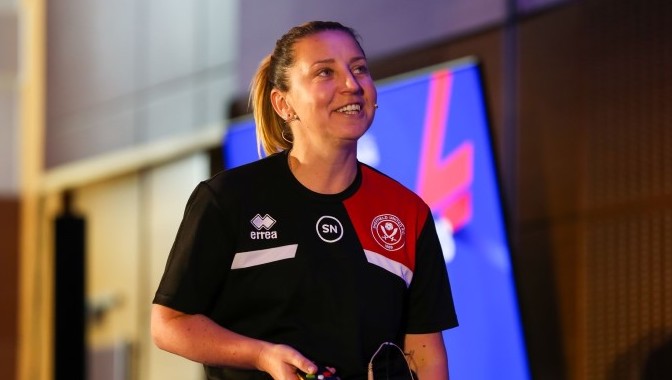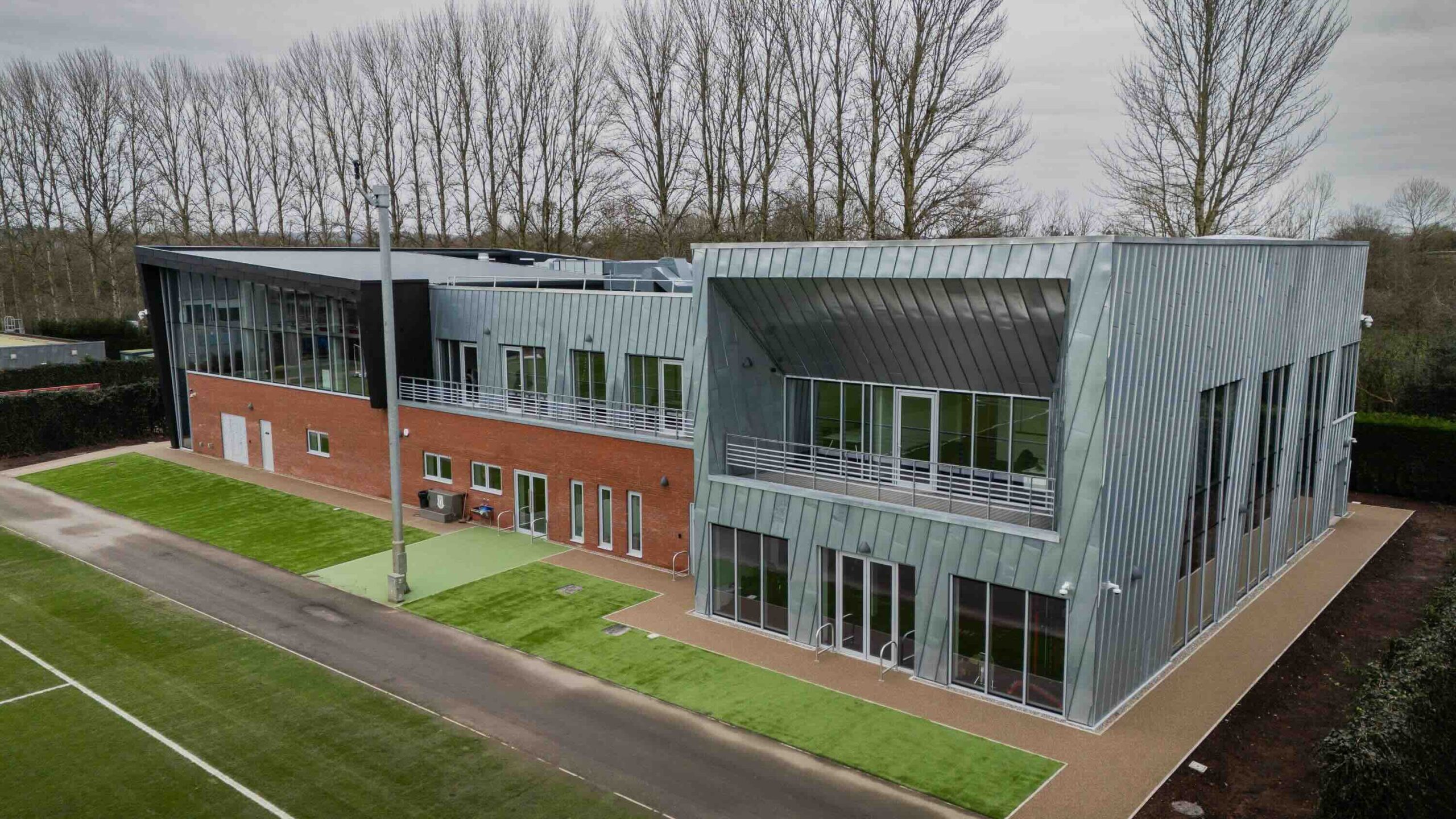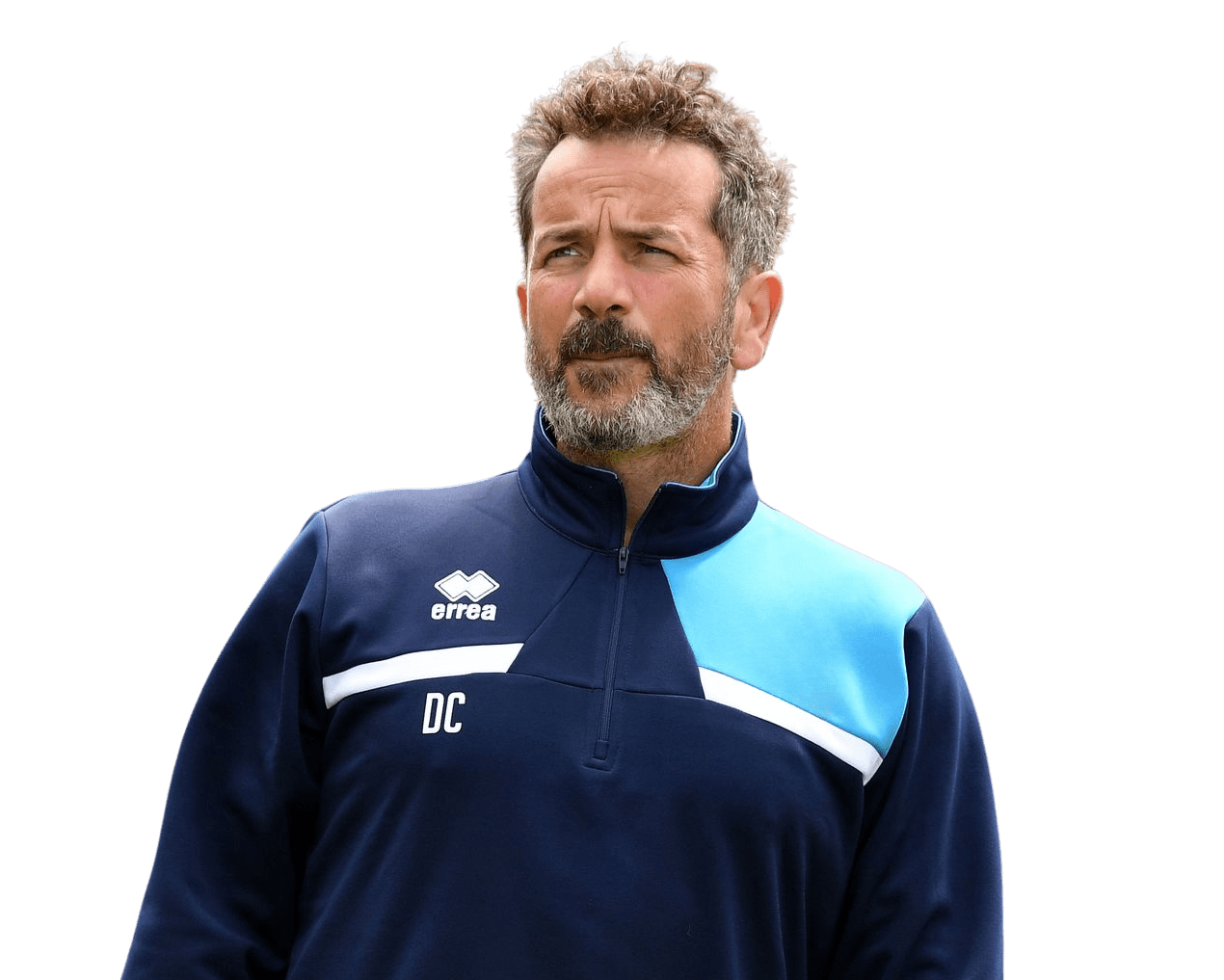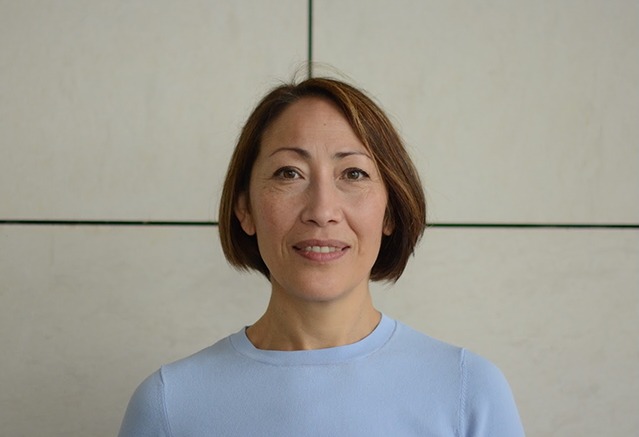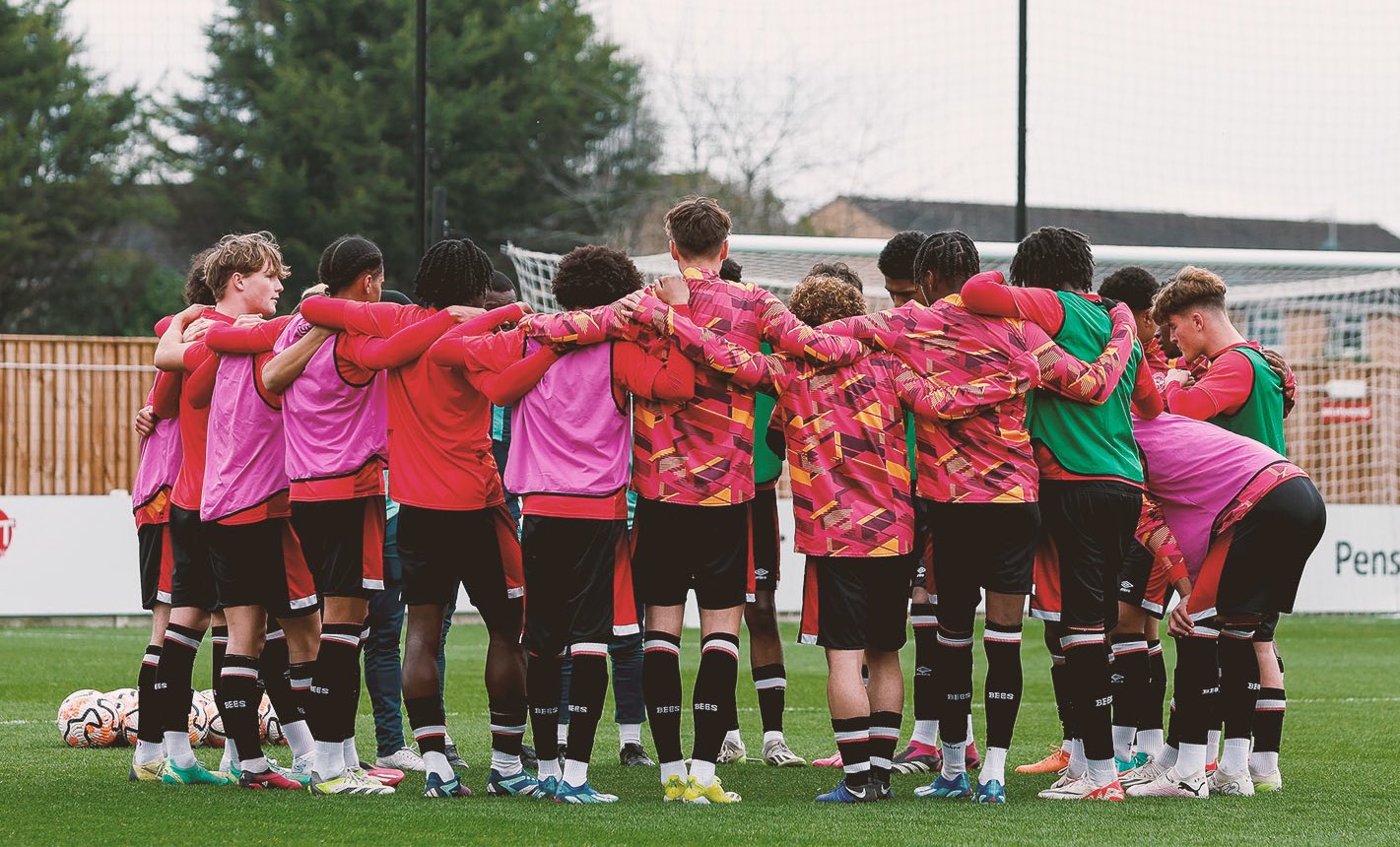
Why Brentford have launched a new Human Development department
Written by
Simon Austin
February 12, 2025
Academy Director Stephen Torpey has identified three ‘unique selling points’ he believes can help Brentford become the ‘most caring and progressive Academy in the world.’
This was the mission statement Torpey set when he arrived at Brentford from Manchester City in January 2024. The first USP he identified was the games programme, which will enable Foundation Phase players to continue participating in grassroots sport, while also identifying opportunities for all teams to take part in overseas competition.
Closes: February 25th
Another is coaching, with the appointment of former Reading man Jamie Greenwood as Head of Academy Football Development, along with a number of other ‘high-quality coaches.’
The third USP – and perhaps the most innovative of all – is the creation of a new Human Development department, which will be headed up by Consultant Sally Needham, the former Human Development, Performance and Culture Lead at Sheffield United’s Academy.
“We feel this is an area we can be world-leading in,” Torpey told TGG. “We want to do it differently, as we typically do at Brentford. That’s not to be quirky, it’s about having a blank canvas as a new Academy, thinking critically and doing things differently to other clubs.”
The Bees closed their Academy in 2016 and reopened at Category Four level at the start of 2022/23. Now they are Category Two and aiming to be top tier by the start of next season. The overall ambition, beyond all this, is to be the most caring and progressive Academy in the world though. Torpey said the new Human Development department would be key.
“There’s no more caring way for us than this, because it means we will better understand the individuals we are working with and they will perform better,” he said. “I think this is the department of the future for Academies.
“In rugby, I’ve heard of mental skills coaches, but not in football. It’s almost like this is the minimum requirement of the categorisation and we’ve ticked that box and are good to go. I don’t know if any other Academies have gone into this depth of what we will be doing day to day.
“We are ready to launch this department and we are very excited about our vision for this space”
Closes: February 25th
Human development
Needham, who has recently completed her Professional Doctorate in Elite Performance, was our guest on Episode #44 of the TGG Podcast, when we visited her at Sheffield United’s Academy. Back then, she described human development as “understanding the players as humans and them understanding themselves.”
She added: “Every individual we have is totally different and we have to ask why. If a player is losing their head and getting sent off, why? What does the behaviour tell us? We have to separate the behaviour from the child.”
Needham left the Blades in March 2024 and went on to set up her our consultancy, working with teams including Norway Women. She will be working with Brentford as a consultant and said the opportunity to build a department from the ground up was really exciting.
“For me, the concept is taking what I did at Sheffield United and doing it on a bigger scale,” Needham told TGG. “Human development is about understanding self, wellbeing, life skills, emotional and social development.
“Performance is how you utilise that understanding in an area in which you want to perform. Bridging of the gap is key, because research tells us we are not doing that well in football and in sport in general. What you do off the field ties in with what you do on the field and vice versa.
“The traditional psychologist has been very isolated. Having social capital on and off the field and being able to connect the two is key to supporting the human beings in the Academy system so that they are able to navigate life and be able to perform.”
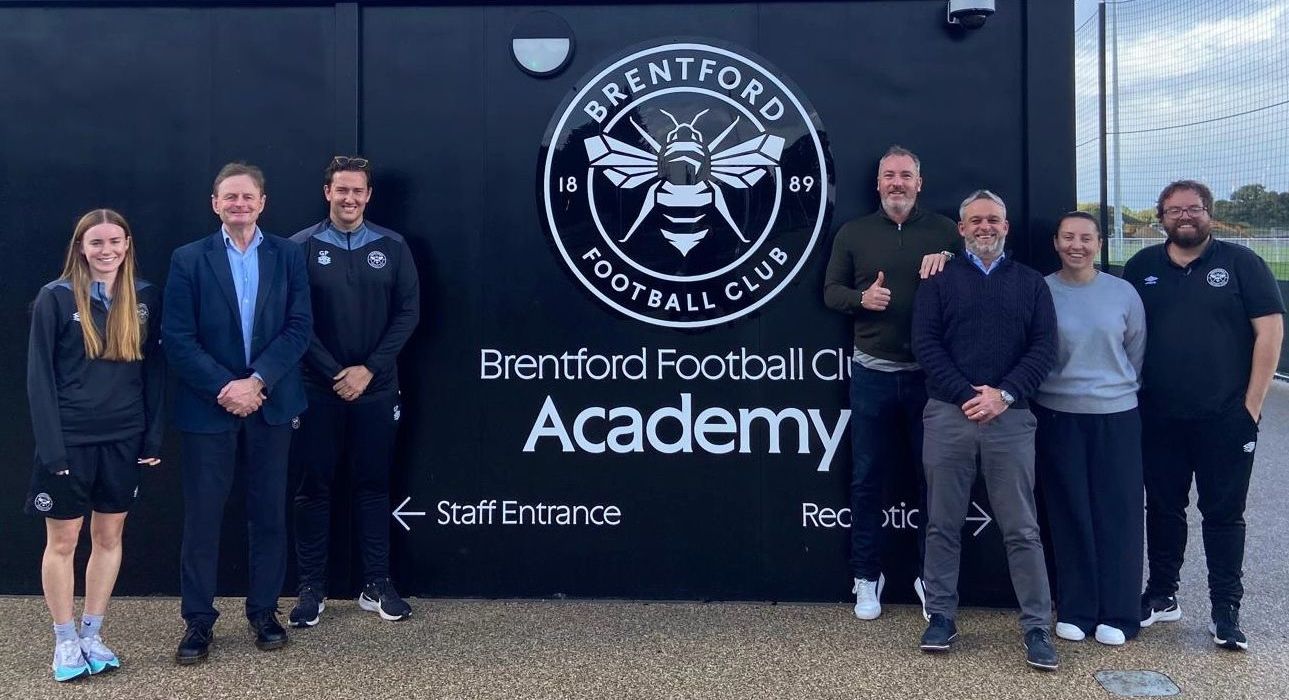
One of Brentford's Human Performance Steering Group meetings (left to right): Scarlett Kent, Michael Caulfield, Gruff Parsons, Steve Sallis, Greg Clarke, Sally Needham and Sam Bayford
At Brentford, the Academy Head of Sports Science and Medicine is Gruff Parsons, who joined the club after 12 years working in rugby union. He was asked by Torpey to lead a working group looking at what a Human Development department might do.
The group comprised 10 people: Torpey, Parsons, Needham and Greenwood; Brentford Performance Director Ben Ryan, Sports Psychologist Michael Caulfield and Head of Safeguarding Sam Bayford; and a trio of external experts – the former Southampton Clinical Psychologist Greg Clarke, Executive Mindset Coach Steve Sallis and Scarlett Kent, a PhD student from Cardiff Met University.
The group met for a total of seven sessions from September to December and scoped out how the new Human Development department would operate.
“We wanted to try and create a diverse group with different backgrounds and to make it as holistic as possible,” Parsons explained. “The members all had a wealth of different experiences and we were able to dig quite deep, spending five hours per session.
“We got so much out of it – our concept, our ideas for our frameworks, our curriculum for eduction – and got a consensus about what the department should look like going forwards. That has resulted in where we are now.”
They agreed that human development comprised off-the-field things like player care, safeguarding, education, host families, while human performance was the on-field things like the new Human Performance Coaches, Needham, the new Clinical Psychologist and other people within the medical team.
Human performance coach
Now the department is ready to launch and the club advertising on TGG for a Human Performance Coach and Lead Academy Psychologist. Brentford describe the Human Performance Coach as a “unique role” that will bridge the gap between on and off-field psychological and social provision.
“The role will be heavily influenced and use the affective and contemplative neuroscience to help support players with their emotional, social and psychological capabilities to help them to understand self to support and navigate through the challenges within Academy football,” the job description adds.
Needham explained: “We don’t expect anyone to come to us who meets all the criteria for this position. My role is new and these ones will be too. We do think the game is going to go this way, so it will have to lead in that way rather than being traditional sport psychology.”
Parsons added: “What we are looking for is an individual with a background in coaching, who has done their badges and understands football, and also has a real appetite and interest – even further qualifications – in psychology and neuroscience or both, or behavioural models. That is our unicorn, but we are very open minded.”
The investment in getting a Clinical Psychologist is something to celebrate and a lot of clubs won’t be doing that.
Gruff Parsons
A UEFA B coaching qualification or above is described as being desirable.
“I have seen a lot of people come into sports science and medicine departments and struggle to find their feet,” Parsons said. “Someone who can come in and speak the same language from a football technical point automotically gets a bit of kudos. That’s social capital with players and coaches as well.”
Torpey agreed: “Coach is an important word in the job title, because we want this person to have interaction with players, we want them to be part of the day-to-day schedule of the group and for our young players to think they know them.
“The individual we hire will be interacting with the players every single day out on the grass, on match days and will really get to know them. On the flip side, they are not the key decision makers on their futures, so they can open up and be connected, where they know they re not the ones picking the team or making a decision on future contracts.
“Then that social capital can grow and that connection can be really solid.”
Parsons is proud that the club are also recruiting for an “accomplished Clinical Psychologist” to become their Lead Academy Psychologist.
“The investment in getting a Clinical Psychologist is something to celebrate and a lot of clubs won’t be doing that,” he said. “It also shows how seriously we are taking wellbeing, aside from the on-pitch stuff.”
The ambition is that, in time, the human development department will have an influence and impact throughout the Academy and indeed the wider club.
Greenwood explained: “A key part of our Human Performance programme will be the link between staff. Traditionally, psychology programmes can be under-resourced and undervalued, leading to staff being stretched and players’ needs not being met.
“We hope our programme and staffing structure will support long-term development and performance. We have changed our language this year from multi-disciplinary team to inter-disciplinary team. Sometimes multi-disciplinary can reflect a segmented approach, whereas we believe in a more integrated approach.
“One of my favourite quotes is that every discipline needs one another to make sense of itself and I feel this reflects our ambitions for player development. For Sally’s work to come to life, she is going to need the coaches and vice versa.
“A big part of this project is not only implementing programmes to support the players, but also the staff with their own practice and development, because they are going to be the ones delivering.”
Follow Us
For latest updates, follow us on X at @ground_guru

